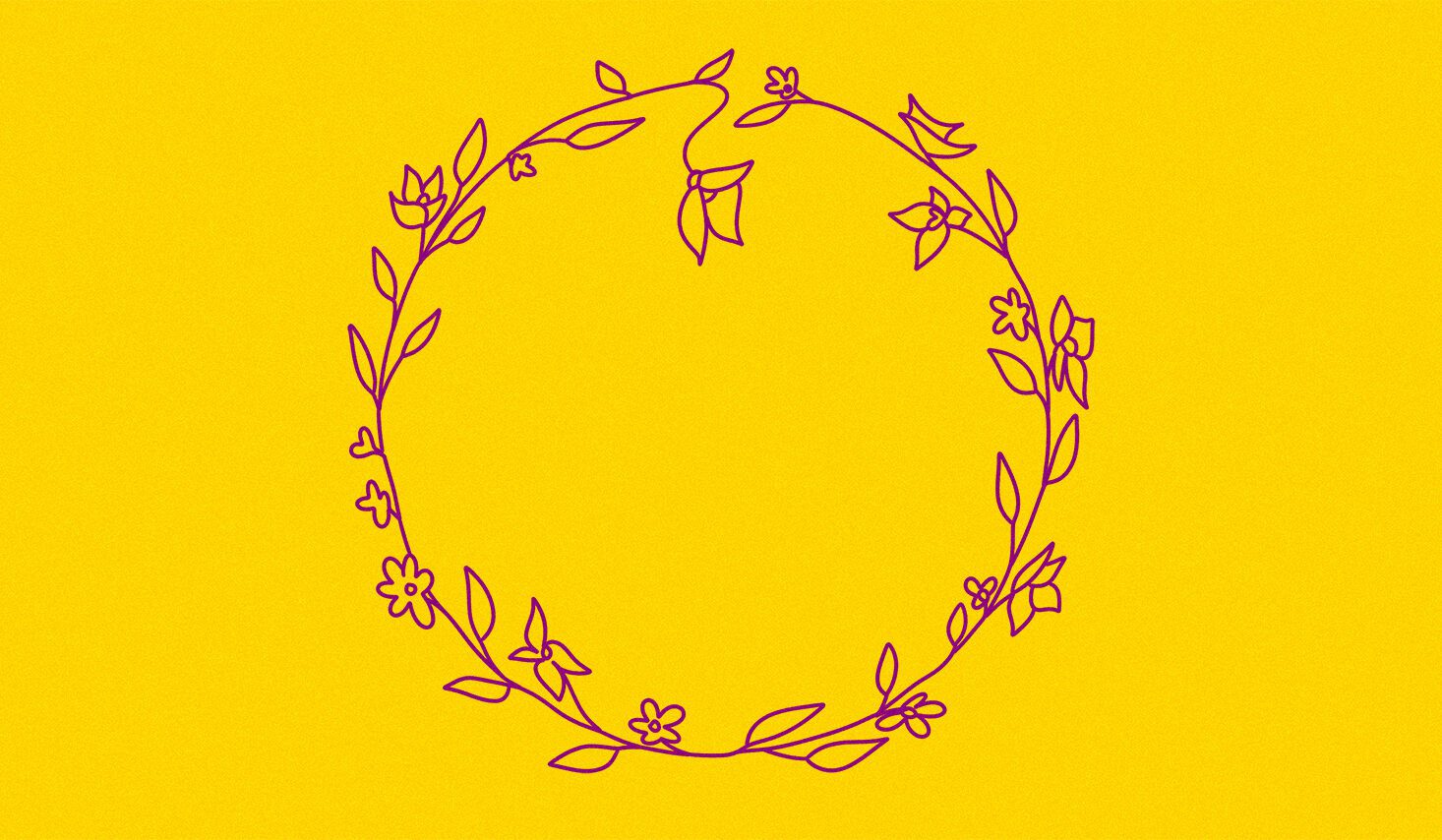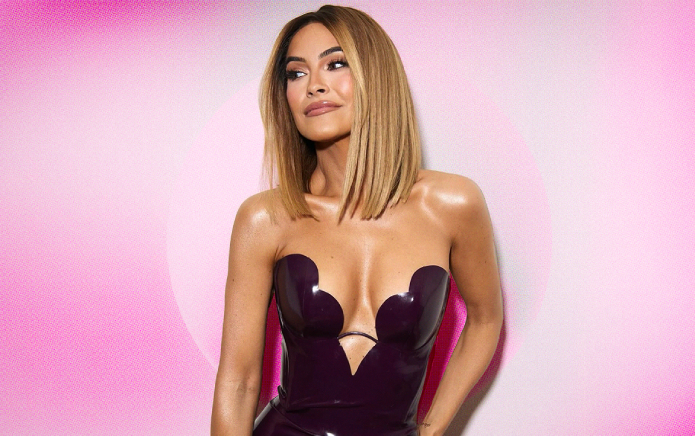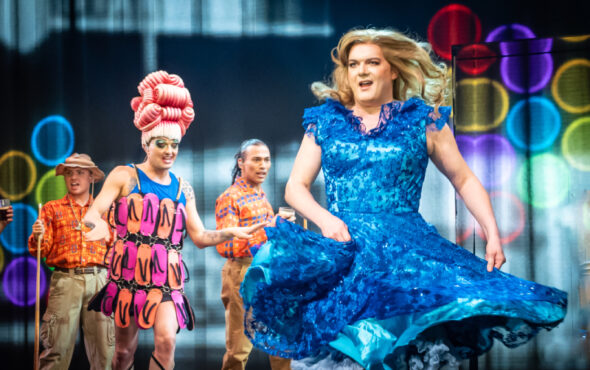
Intersex, trans and non-binary people all face a range of concerns when it comes to life but especially dating – and that’s other people’s expectations of our bodies. I was born with intersex traits; my body naturally has some sex characteristics that do not fit what we typically are taught belongs to the average cis male and cis female.
Telling someone you’re intersex can be complicated. It’s like saying to someone that there’s this part of me that people don’t see often but I want you to know about it. It’s an invitation, probably a scary one, for everyone involved. Sometimes it goes great, other times it’s a nightmare.
Bodies exist in a multitude of ways. From height, skin tone, weight or appearance, we can’t always control what we look like or choose how we exist. Yet, today, dating apps are packed with people proudly showcasing aspects of our bodies that they have no control over. While bragging about your height isn’t the killer trait people often think it is, it definitely says something about us, as a community. And, for me, one of the most interesting things about me is, in fact, my body. Here Soni breaks down ways to accept your body and how to open up to those closest to you.
Opening up to those closest to you
For many intersex people, overcoming internalized shame in relationships and challenging the societal stigma, about intersex bodies, is hugely important. This essential step, towards self-empowerment, helps create familiarity through intersex stories. Bria Brown-King, an Engagement Director at interACT: advocates for intersex youth, agrees with this. “The advice that I would offer others is to take pride in how you show up,” they say. “Society’s unrealistic expectations and misconceptions can weigh heavily on your self-esteem, in your bid or attempt to try and pass or be ‘normal’”.
In any relationship, it’s important for people to discuss their unique needs, fears, and desires openly and without judgment. I was so scared of telling people that I am intersex fearing they would automatically not want to date me. When people share their feelings it creates a foundation of trust and understanding so being open about your intersex identity can lead to love and acceptance.
Learning to accept your body and seeking support from peers and professionals are crucial in shedding these negative perceptions and nurturing self-acceptance. “Intersex people know all too well what it feels like to be non-consensually placed in a box based on societal assumptions and expectations,” Brown-King adds. “It’s time to get rid of the boxes!”
Finding the right time to talk about your identity
Timing, however, is everything, and it is important to have these conversations when you feel safe. How much you tell others is always up to you. Rayan, a 28-year-old intersex man, shared that he is cautious when it comes to intimate relationships. “Dating someone with unique sexual characteristics requires a deep understanding, patience, and sensitivity,” he explains. Letting someone know about this aspect of your identity is a big deal and, for Rayan, this is no different.
I’ve been through this with family, friends and dates. Throughout my life, I’ve had a variety of so-called treatments and surgeries to physically change my body. I’m covered in scars, and my body is a constant reminder of my differences. The first time I shared my intersex story with my extended family, I sat everyone down and gave them far too much information, with most of it coming from an overly medicalised position.
Other times, I’ve thrown it into conversations during dates, and not given it enough time to brew before changing the topic or asking them. Whether I put it on a dating profile, or just share it with the first person when we meet, I never know what to expect. It can be a bit overwhelming for everyone involved. Choosing when to let someone in is never an easy decision.
Steps to accepting your body as an intersex, trans, non-binary person
Learning to accept my own body is a lifelong journey. Not everybody with variations in their sex development will use the term intersex and it’s a word that I have a complex relationship with – it does not actually tell anyone what’s different about me, just that I am different. I’ve come to learn that using the term ‘intersex’ is a personal choice and an umbrella term. Jordan is intersex and has found many people don’t understand what intersex means which can create distance. “Sometimes people feel more comfortable avoiding intimacy altogether so that they don’t risk the awkwardness that might come with it,” he says. “Delaying it for too long increases the stakes unnecessarily.”
When it comes to dating, being intersex is not all of my identity, but it is an important part of it. It’s something I cannot change about myself. Having the choice and option to speak about it, if I would like to, is what’s most important. Intersex bodies are incredibly diverse, just like non-intersex bodies. And, whether you’re an intersex person, or you know someone who is intersex, it’s key not to overgeneralise or add to assumptions about what intersex bodies look like.
Just like other communities within the LGBTQIA+ acronym, intersex people have a range of identities and experiences, we do not exist as a monolith. Without inclusive sex education and acceptance, intersex erasure continues. For me, finding a community of intersex individuals and allies has been hugely helpful. Connecting with like-minded individuals who understand the unique challenges faced by intersex people can be a powerful source of encouragement. These communities serve as intentional spaces to share experiences and advice. As education and advocacy efforts continue to grow the future of intersex visibility and acceptance looks promising.
Now, people in and outside of the LGBTQIA+ community need to learn empathy, respect, and patience for intersex, trans and non-binary people. We also need more stories so others can become more familiar with intersex people. Only by raising awareness, and fostering empathy, can work towards a world where intersex individuals are accepted and understood.



